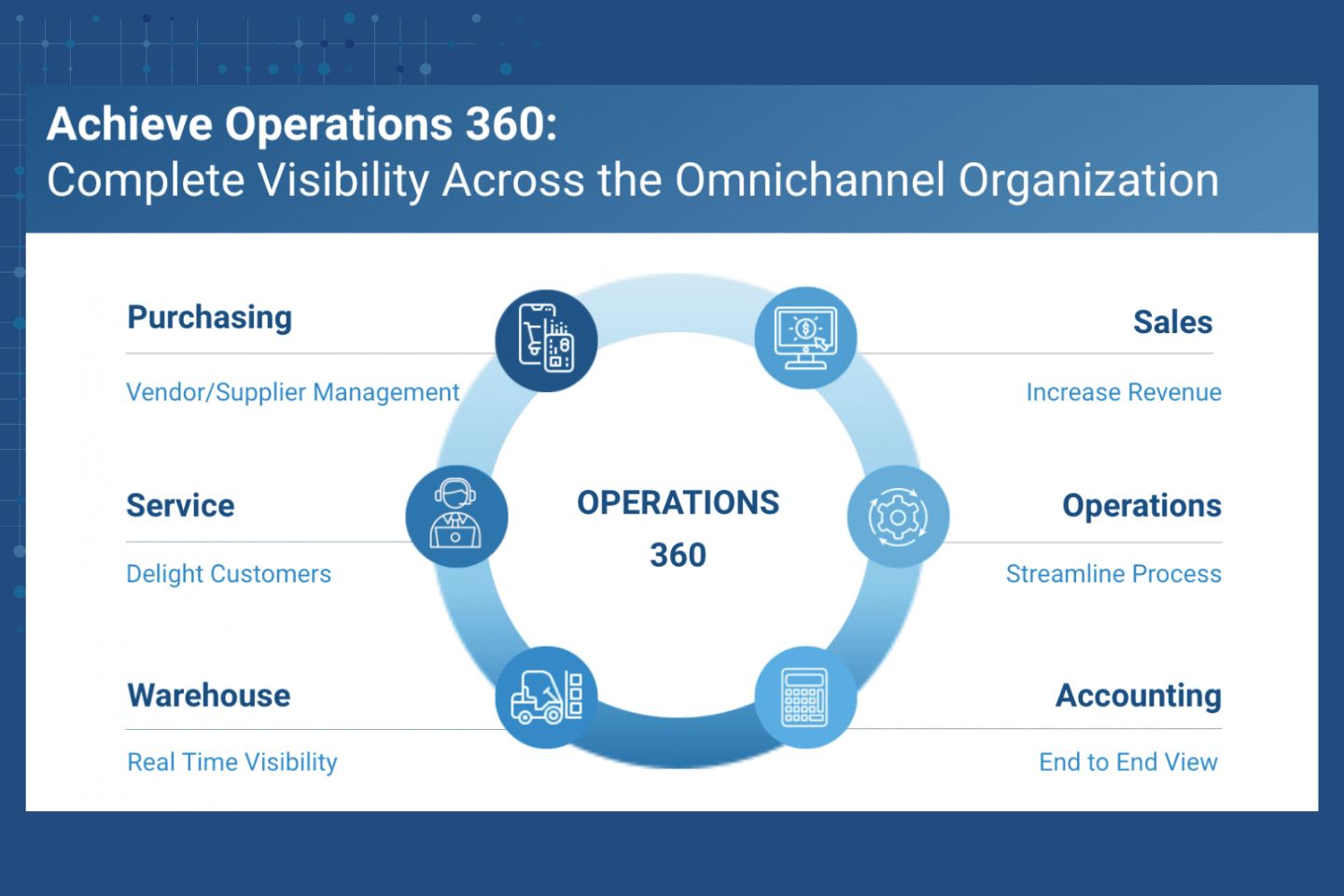Are You a Salesforce Omni-channel Company (And Don’t Know It)?
View All: Resources

Beyond the Buzz: Demystifying Omni-Channel Commerce in Diverse Industries with Salesforce Expertise
Omni-channel has been one of the buzziest of buzzwords over the last decade. Powerful mobile devices paved the way for the age of ecommerce and the marketing hype for omni-channel commerce quickly followed. Unsurprisingly, this caused omni-channel to become synonymous with retail and holiday shopping. However, many Salesforce customers that sell B2C, B2B, and B2B2C products across various industries have become omni-channel organizations. In fact, you are likely one and may not even know it.
Let us make the case, starting with the definition Shopify uses to describe omni-channel:
“It’s about communicating in ways that are aligned with why they use a given channel and showing awareness of their individual stage in the customer lifecycle. Customers can purchase wherever they are—rather than treating channels as independent silos, omni-channel accounts for the spillover between channels and offer customer experiences within and between channels.”
Salesforce Omni-channel for Inventory, Orders, and ERP
As companies layer on more customer touchpoints and channels, managing inventory and the customer experience has become MUCH more complex. Even on a platform as powerful as Salesforce. Long gone are the days of large inventory stocks sitting in a warehouse that gets picked, packed, and shipped directly to the end customer based on linear, predictable demand. As more Salesforce customers extend SKUs, price books, services, and supply chains, more companies get involved in the value chain of manufacturing, marketing, selling, and fulfilling products. This dramatically increases the complexity of tracking sales orders, real-time inventory, customer service inquiries, and returns. Plus, you now also need insights into which partners/vendors are delivering the highest levels of service you need to delight customers.
Omni-channel Organizations:
- Sell B2C, B2B, and B2B2C products
- Interact with customers via multiple channels (i.e. mobile, website, email, social media, phone, brick-and-mortar, etc.)
- Work in any industry that manages inventory
- Utilize partners in the value chain to manufacture, fulfill, or manage returns
Salesforce Omni-channel Isn’t Just For Retail
Just about any company that manages inventory is now omni-channel. At Ascent Solutions we provide Salesforce customers with apps, solutions, and pre-built integrations that extend the platform for ERP, inventory, order, warehouse, and financial management. We call this capability Operations 360 on Salesforce and our customers often integrate with 3rd party ecommerce solutions like Shopify, Magento, WooCommerce, and Amazon
We’re fortunate to work with leading retail companies like Flow Water and On Running but we also work with customers in other industries that leverage our technology to manage complex inventory, fulfillment, and returns. We’re especially excited about the recent conversations we’ve had with companies in non-traditional omni-channel industries like energy, medical devices, and pharmaceuticals that are looking for better ways to manage inventory on Salesforce.
To learn more about all of our 100% native Salesforce apps on the AppExchange visit: Ascent ERP, Ascent IM, Ascent OM, Label Anything, and Rental, or email us here.
Follow Us
Have questions? We can help!
Ascent Solutions will provide you with ultimate customer service, attending to all of your needs promptly and efficiently. Our goal is to serve as your partner so that all of your needs are met in accordance with your schedule and align with your budget.
- Call Us: 908-981-0150
- Ascent: Contact Us
Related Posts
Categories
Why Ascent?
We are distribution and manufacturing technology enthusiasts that understood the term “ERP” was oversold and under delivered. We designed a flexible platform to ensure that we are able to adapt and evolve with businesses from the startup to enterprise level yet keep our offering affordable.




